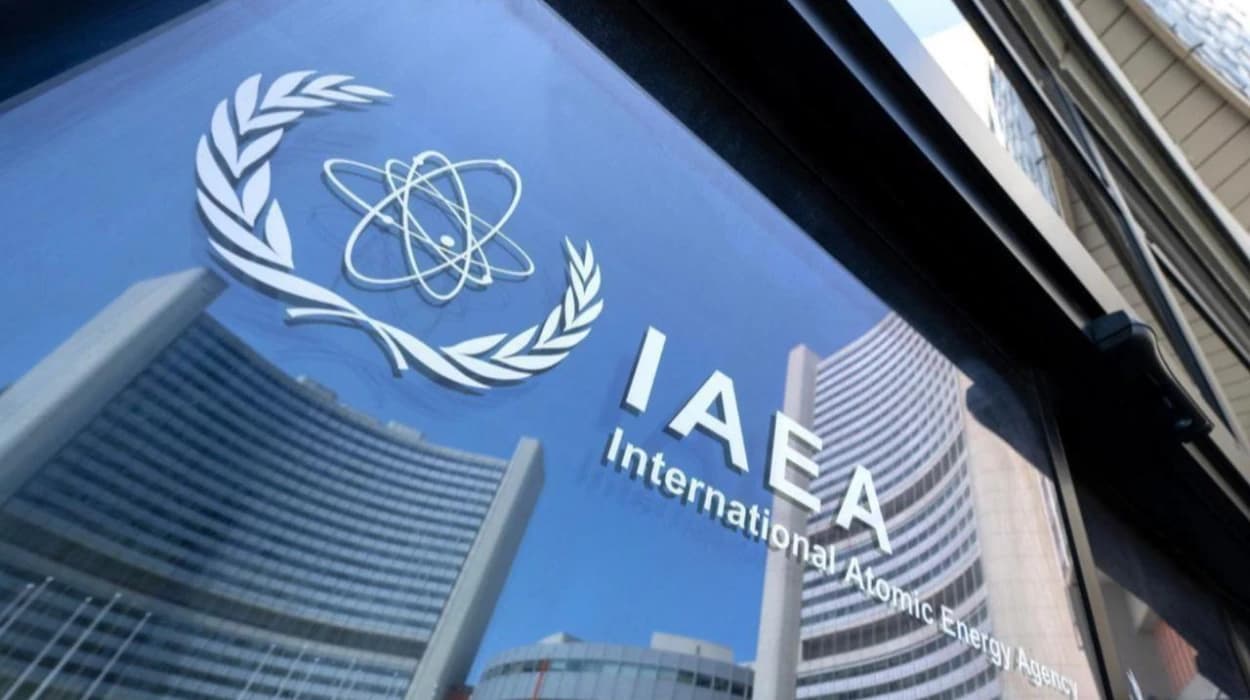Egyptian Foreign Minister Badr Abdelatty has called on Iran and the
International Atomic Energy Agency (IAEA) to resume cooperation on nuclear
inspections, urging an end to the current stalemate following Tehran's
suspension of inspections after a war in June 2025. Despite a September
agreement brokered by Egypt to restore IAEA access, progress remains limited,
with ongoing diplomatic efforts aimed at reducing regional tensions and
building trust.
Egypt’s mediation in Iran nuclear inspections stalemate
Egyptian Foreign Minister Badr Abdelatty has intensified
diplomatic efforts to resolve the impasse between Iran and the IAEA over
nuclear inspections. Abdelatty conducted separate telephone conversations with
Iranian Deputy Foreign Minister Abbas Araghchi and IAEA Director General Rafael
Grossi, urging them to resume full nuclear cooperation and continue dialogue to
strengthen regional security and stability, according to a statement from the
Egyptian Foreign Ministry on 30 October 2025.
Abdelatty conveyed his message directly in phone calls to
Abbas Araghchi and Rafael Grossi, highlighting the importance of cooperation in
light of Tehran’s continued refusal to allow full inspections at nuclear sites
attacked during the June conflict against Israel and the United States.
The June conflict and suspension of inspections
Iran halted cooperation with IAEA inspectors after a 12-day
war in June 2025, during which Israeli and US forces attacked Iranian nuclear sites.
Following this, the Iranian parliament passed a new law requiring inspections
to proceed only with Supreme National Security Council approval and limiting
access to non-stricken sites. The law also restricts full reporting and the
Non-Proliferation Treaty (NPT) oversight framework, effectively reducing
transparency and verification capabilities of the IAEA.
September Cairo agreement and limited progress
In September 2025, a deal was signed in Cairo between Iran
and the IAEA, brokered by Egypt, aiming to resume full IAEA access to Iranian
nuclear facilities. However, since the agreement, tangible progress has been
minimal. Tehran's unilateral delays and restrictions have prevented regular
inspections from resuming, raising concerns about Iran’s commitment to
transparency.
The September agreement marked a crucial moment in restoring
cooperation which had been entirely suspended since June. Abdelatty emphasised
the need to build on the momentum from this agreement by continuing and
intensifying consultations in the coming period.
Recent developments detected by IAEA inspectors
The IAEA director Rafael Grossi reported new movements at
Iran’s nuclear sites detected through satellite imagery, including the
relocation of nuclear material within storage sites. While he confirmed no
evidence of uranium enrichment beyond 60% (the level reported at the war’s
start), limited inspectors’ access hampers real-time verification.
Grossi warned that Iran’s stockpile of 60% enriched uranium
could yield material enough for up to 10 nuclear weapons if weaponised. He
underscored the critical importance of restoring full inspector access to
maintain international trust and prevent military diversion of nuclear
material.
Egypt’s broader regional role and international context
Egypt’s mediation efforts align with President Abdel Fattah
al-Sisi’s wider initiative to reduce tensions across the Middle East. This marks
the second recent round of talks organized by Egypt, following prior
conversations on 18 October 2025 that also included US Middle East envoy Steve
Witkoff, reflecting coordinated international efforts for a breakthrough on the
nuclear issue.
Meanwhile, the international context remains tense as Iran’s
Foreign Ministry announced that UN Security Council Resolution 2231, which
endorsed the 2015 nuclear deal, expired on its 10-year anniversary. Tehran
claims this release from sanctions related to its nuclear programme, whereas
European powers including France, the UK, and Germany have reinstated sanctions
through the “snapback” mechanism for alleged violations.
Calls for renewed dialogue between Iran and the US
The Egyptian Foreign Ministry emphasised during the talks
the necessity to work towards revived negotiations between Iran and the United
States. These negotiations aim to reach a comprehensive nuclear agreement
addressing the concerns of all parties while contributing to regional security
and stability.
Egypt continues to serve as a vital mediator in efforts to break the deadlock over Iran’s nuclear inspections. Despite the September 2025 Cairo agreement, limited progress and Iran’s restricted cooperation pose ongoing challenges. The diplomatic engagement involving Egypt, Iran, the IAEA, and the United States seeks to revive inspections, alleviate tensions, and achieve a comprehensive settlement on the nuclear file crucial for Middle Eastern and global security.
